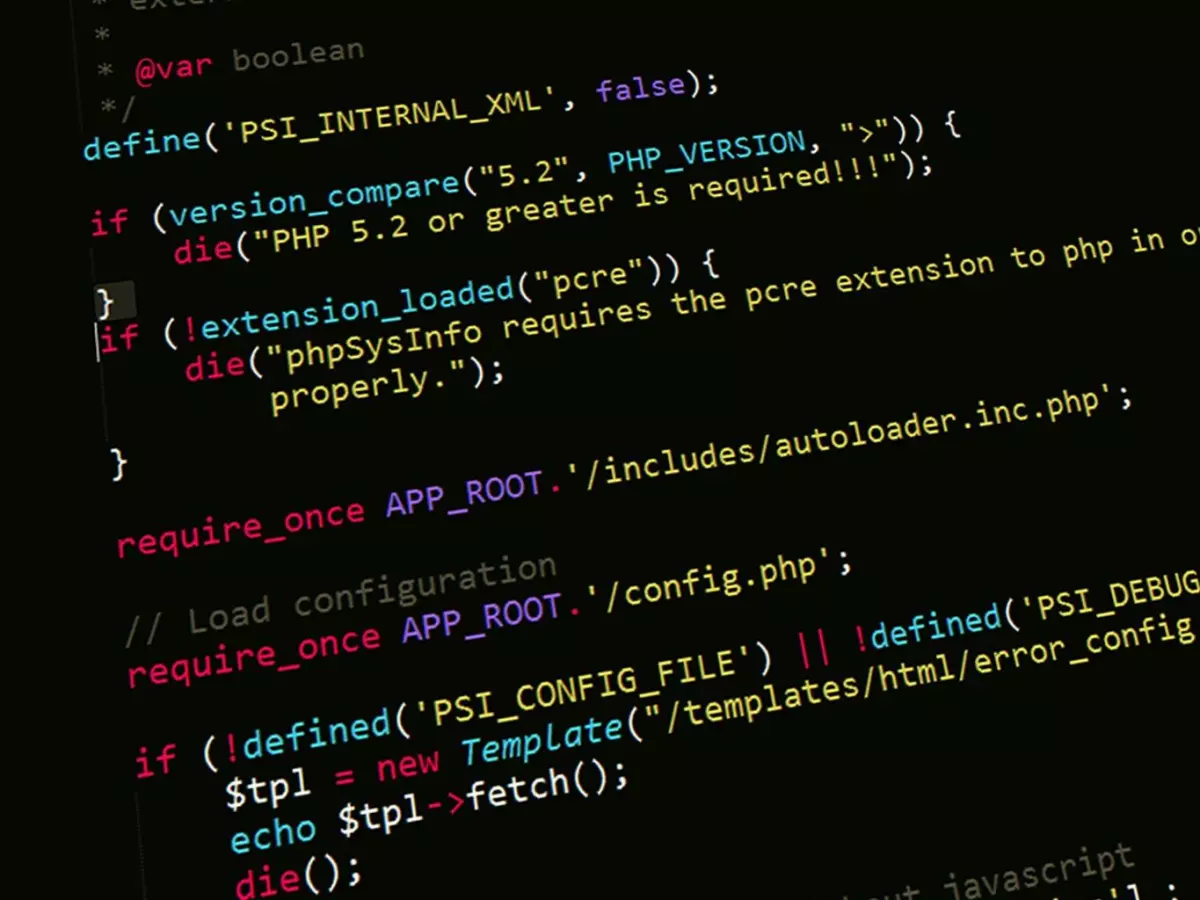Offline Holdouts
In a world where everything is moving to the cloud, some users are still holding on to their offline Office software. But why?

By James Sullivan
Microsoft just dropped Office LTSC 2024, and if you're scratching your head wondering why anyone would still want a version of Office that doesn't come with all the cloud-powered bells and whistles—like Copilot and Microsoft 365 services—you're not alone. But here's the kicker: there's a whole group of users who are *stubbornly* sticking to their offline guns. And Microsoft, despite its push for the cloud, is still catering to them. So, what's going on?
First, let's talk about what Office LTSC 2024 actually is. LTSC stands for Long-Term Servicing Channel, and it's basically a version of Office that you buy once and use forever—no subscriptions, no cloud, no constant updates. It's the software equivalent of buying a car outright instead of leasing it. You get what you pay for, and that's it. No frills, no extras.
Now, you might be thinking, "Why would anyone want that?" After all, Microsoft 365 offers a ton of features that make life easier: real-time collaboration, AI-driven tools like Copilot, and constant updates that keep everything fresh. But here's the thing—some people don't *want* those things. And it's not just because they're technophobes or stuck in the past. There are real, practical reasons why some users are sticking with perpetual licenses like Office LTSC 2024.
Security and Control
One of the biggest reasons people are avoiding the cloud is security. According to The Register, many industries—especially those dealing with sensitive data like healthcare, government, and finance—are wary of putting their information in the cloud. They want full control over their data, and that means keeping it offline. For these users, the idea of having their documents floating around in Microsoft's cloud, no matter how secure it claims to be, is a hard pass.
And it's not just about security; it's also about control. With a perpetual license like Office LTSC, you own the software. You decide when to update it, how to use it, and you don't have to worry about Microsoft suddenly changing the terms of service or pulling the rug out from under you. It's like having a piece of software you can rely on, without the fear that it might change overnight.
Offline by Necessity
Then, there are the users who simply can't be online all the time. Think about remote areas with spotty internet, or industries where internet access is restricted for security reasons. For these users, cloud-based services like Microsoft 365 are more of a hassle than a help. They need software that works offline, all the time, no questions asked. And that's exactly what Office LTSC 2024 offers.
Plus, let's not forget the good ol' "if it ain't broke, don't fix it" mentality. Some users have been using the same version of Office for years, and it works perfectly fine for their needs. Why pay for a subscription or deal with constant updates when the version they have does everything they need?
The Future of Office
So, what does this mean for the future of Office? Well, Microsoft has made it clear that it's all-in on the cloud. The company has been pushing Microsoft 365 hard, and it's clear that the future of Office is going to be cloud-based, AI-powered, and subscription-driven. But for now, Microsoft is still throwing a bone to those users who just aren't ready—or able—to make the leap.
Office LTSC 2024 might be one of the last perpetual licensed versions we see from Microsoft. The company has hinted that it's moving away from this model, and it's likely that future versions of Office will be even more cloud-centric. But for now, the offline holdouts still have a place in Microsoft's ecosystem.
So, if you're one of those people who just can't let go of your offline Office, don't worry—Microsoft's got your back. At least, for now.





